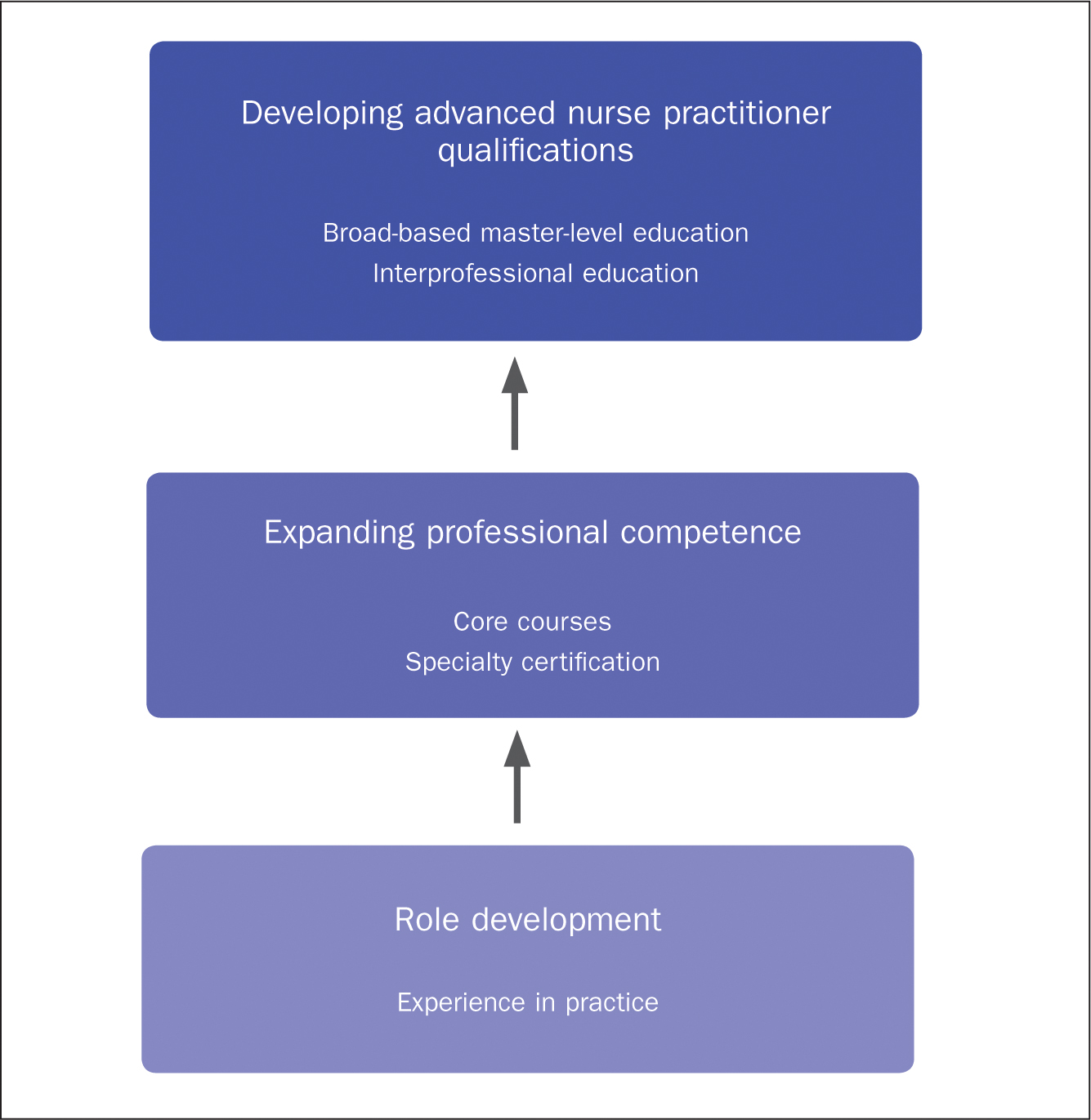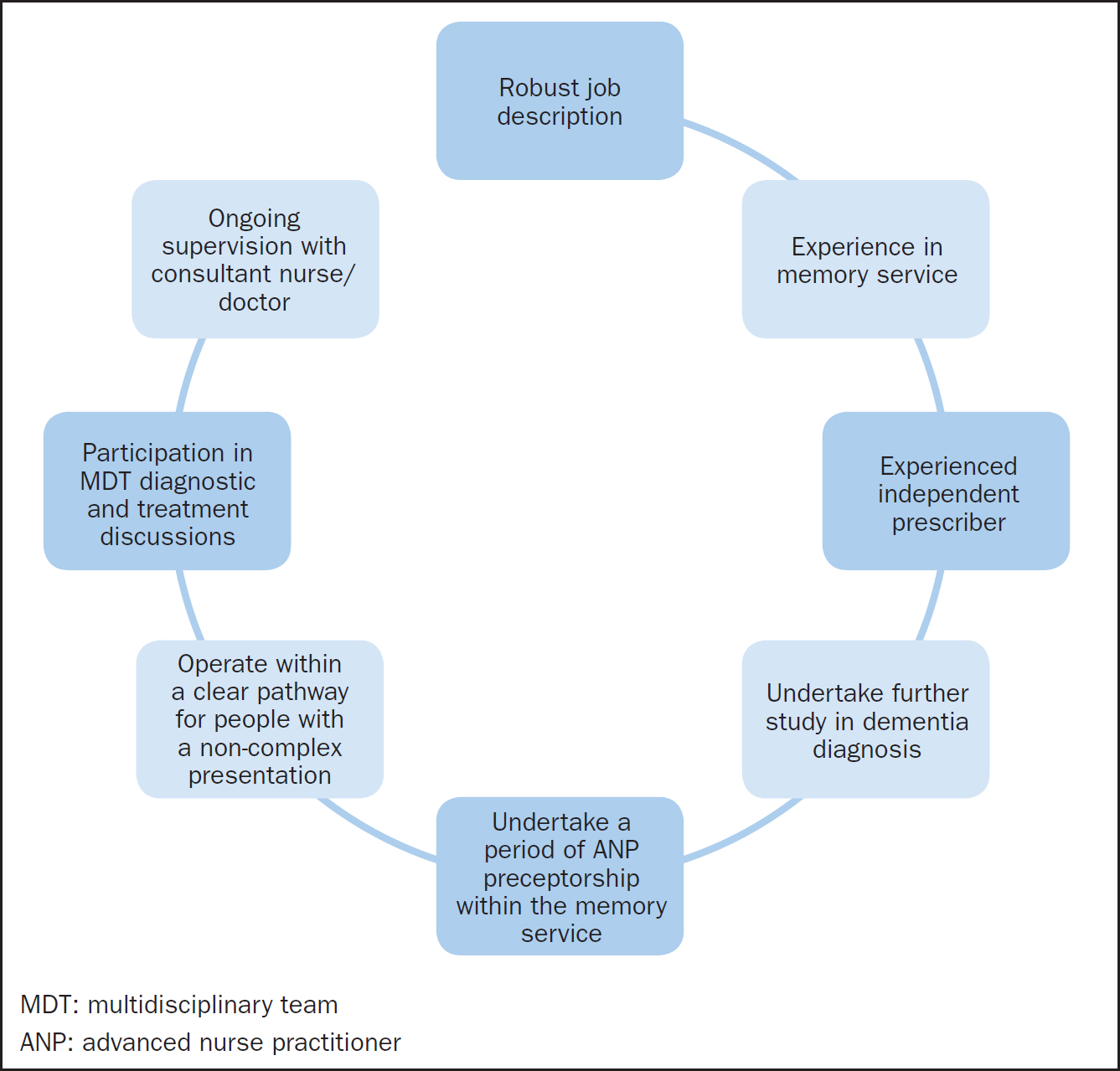Advanced nurse practitioners (ANPs) are highly skilled and educated nurses who have completed advanced education and clinical training beyond their initial nursing education. ANPs are often considered to be the primary care providers in a healthcare setting and are responsible for assessing, diagnosing, and managing the healthcare needs of their patients.
The role of an ANP is diverse and varied, as they are often responsible for a wide range of tasks and responsibilities. These may include performing physical exams and diagnostic tests, ordering and interpreting laboratory and diagnostic tests, prescribing medications, and managing chronic illnesses. ANPs may also work with other healthcare professionals, such as doctors, specialists, and therapists, to coordinate the care of their patients.
ANPs are typically found in primary care settings, such as doctors' offices, clinics, and community health centers. They may also work in hospitals, long-term care facilities, and other healthcare settings. In these roles, ANPs are responsible for providing a high level of care to their patients, ensuring that they receive the necessary treatments and support to improve their health and well-being.
One of the major benefits of the ANP role is the ability to provide more personalized and comprehensive care to patients. ANPs have a deep understanding of the healthcare needs of their patients, and are able to develop long-term relationships with them. This allows ANPs to provide more personalized care and support, which can be especially valuable for patients with chronic conditions or complex healthcare needs.
ANPs are also instrumental in helping to reduce the burden on the healthcare system by taking on tasks that would normally be performed by a doctor. This can help to reduce wait times and improve access to care, especially in underserved or rural areas where there may be a shortage of doctors.
To become an ANP, nurses must complete advanced education and clinical training beyond their initial nursing education. This may involve completing a Master's degree in Nursing or a Doctor of Nursing Practice degree, as well as gaining clinical experience in a specific area of practice. ANPs must also be licensed and certified to practice in their state or jurisdiction.
In summary, the role of the advanced nurse practitioner is vital in the healthcare system, as they provide high-quality, personalized care to patients and help to reduce the burden on the healthcare system. ANPs are highly skilled and educated healthcare professionals who play a crucial role in ensuring that patients receive the care they need to improve their health and well-being.
(APRN) Advanced Practice Registered Nurse

Fact checkers review articles for factual accuracy, relevance, and timeliness. Other sources include the literature from regional or national employment agencies that collect data on these statistics. Certified Registered Nurse Anesthetist CRNA The Certified Registered Nurse Anesthetist is prepared to provide the full spectrum of patients' anesthesia care and anesthesia-related care for individuals across the lifespan, whose health status may range from healthy through all recognized levels of acuity, including persons with immediate, severe, or life-threatening illnesses or injury. No, only RNs with an MSN or DNP in one of the four APRN roles CNM, CNS, CRNA, and NP are considered APRNs. Jackie evaluates patients and provides pain treatment therapies, such as spinal injections with fluoroscopy for imaging guidance , joint injections and peripheral nerve blocks. Based on the literature findings, progress in creating formal transition programs has been slow. Recently the education system in Oman introduced the post graduate studies for critical care adult, neonate and accident and emergency primary health care, psychiatry, administration and nephrology and developed the baccalaureate science of nursing, but most of the nurses have a diploma three years program in nursing.
Advanced Nurse Practitioner's Role in Healthcare

We do, however, know that demand for the associated academic programme is growing. No matter the setting, nurse practitioners play an important role on the front lines of patient care. Advanced nurse practitioners play an important role in enhancing the quality of patient care. This 16-item, 5-point Likert scale survey, published in 2015 by Strange, measures self-perceptions of the role transition experience in three dimensions: developing comfort and building competence, understanding the role, and collegial support. The author emphasized that in order to develop ANP role within Oman; the practicing nurses in primary, secondary and tertiary health settings should be advanced toward extended nursing roles specialist nurses and ANP role. I used to be a charge nurse in a Medical Surgical Unit, and my team tends to feel inspired to take action and contribute to the group because good leaders also tend to seek diverse opinions and do not try to silence voices. The nurse administrator also plays a huge role in education as they are responsible for providing written and oral materials and presentations to diverse audiences on nursing, health care topics, and organizational issues American Organization of Nurse Executives, 2015.
Role of an Advanced Practice Nurse

Such practices help to improve the cost-effectiveness and efficiency of the organization Florida Coalition of Advanced Practice Nurses, 2008. Often, after a surgical procedure nurse anesthetists are involved in the immediate post-operative care as well. Preceptors matter Once the justification for the program inclusive of cost, goals, milestones, and time frames have been agreed on, practice partnership will need to be established. Bureau of Labour Statistics. Family Nurse Practitioners need to be certified; the certification is called F family Nurse Practitioner-Board Certified. Advanced Nursing Practice: A National Framework. This concept considers that this role ought to be extended in new environments, such as those of Nurse Developing Units or Nurse-led clinics or Nursing triage, where again nurses will have greater degree of autonomy and professional decision making.








